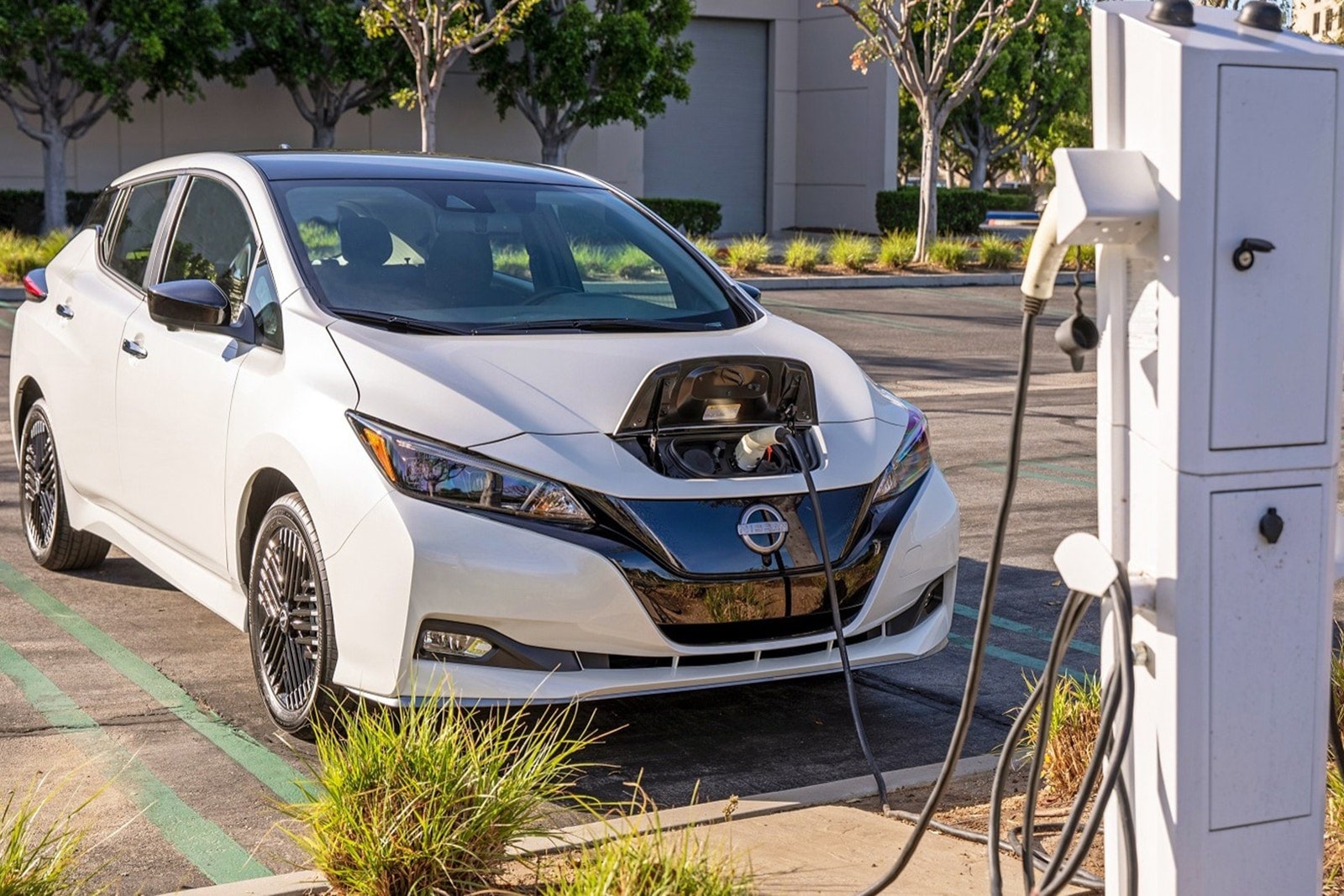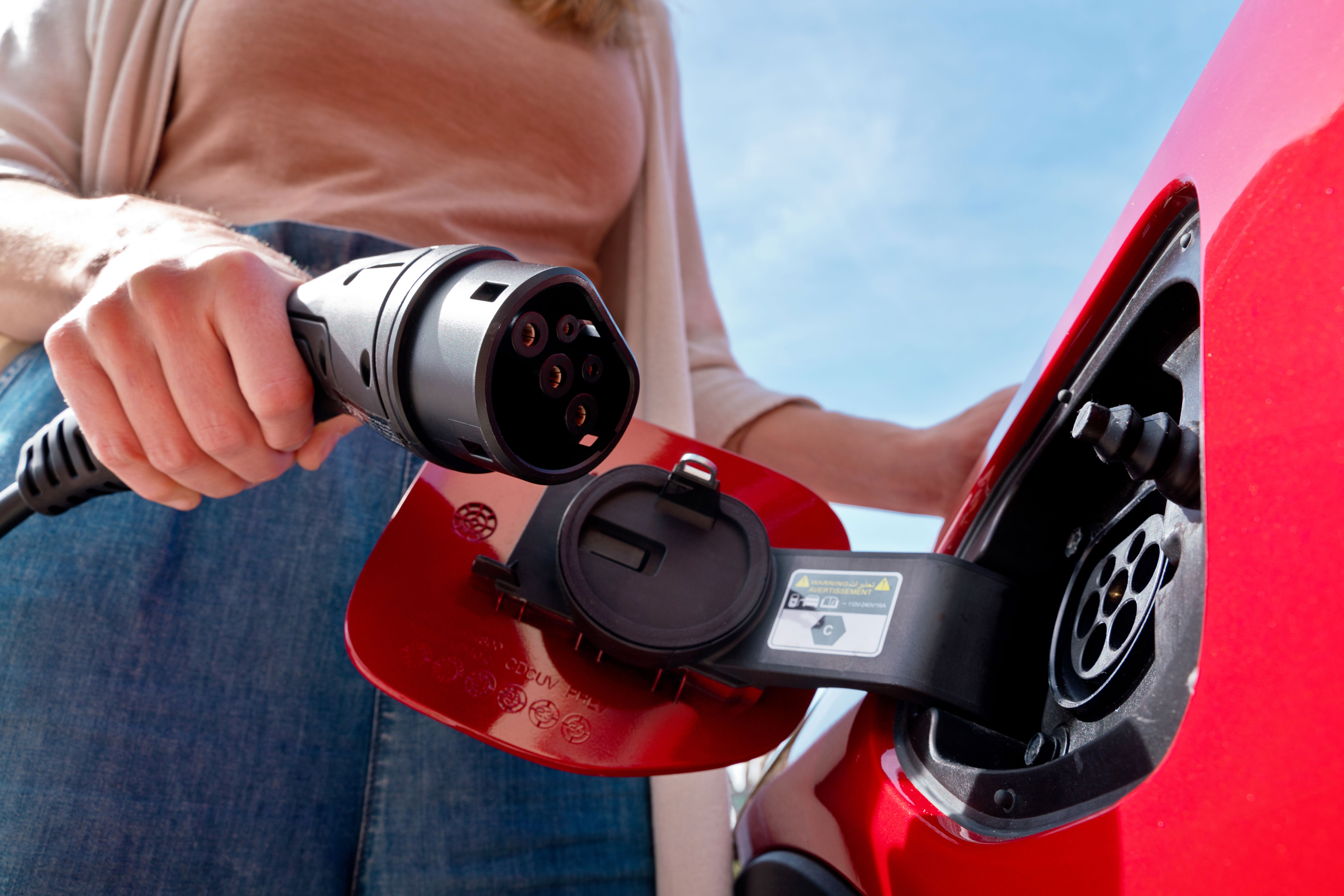edgarrian
Platinum Member
The car rental company dumped the 20k EVs bc they are in fact to expensive to keep on the road. It doesn't matter if its an uber driver which I highly doubt b/c there is no money in renting a car to just then uber in it. People who rent cars aren't beating the crap out of them. I think for the most part people rent cars and drive them like normal. Right now EVs are insanely expensive to work on. And the obvious tire wear. Add in charging stations costs. People keep thinking that charging at home is gonna stay cheap. Its not. My power rates are jumping 10% for each year for the next 2 years. As more people switch to EVs, heat pumps, and so on. The more demand for electricity. Prices will increase Green energy is not keeping them down. Its making them go up. You seem to think EVS are cheaper than ice. I dont think so at all. If they were then sales would be through the roof for anything EV. Its not. Honestly its a poor decision to purchase if you live in an apartment or rent a home.What is the intended purpose of a pickup truck? Is it for farm work? Towing a travel trailer? Towing a work trailer? Hauling stuff from Home Depot? Etc etc... There's a million uses for a pickup. Some of them lend themselves to EV pickups, and some don't. Purchase accordingly.
They make REALLY good contractor work trucks, for example. No need for a generator any more. Not so good for hauling a big bulky travel trailer due to the effect that has on the range regardless of the powertrain. I do hope that Tesla et al make it easier to charge quickly without dropping a trailer so that it's more feasible to pull a travel trailer. The extra battery you can get in the CyberTruck at least takes care of the range issue while towing to some extent.
You're right that the high number of people who use them as grocery getters are missing the point entirely.
No, not really. Fuel cost is far lower, *if* you can charge at home. Not so for apartment dwellers or anyone in the city who has to park on the street. However, when it comes to tractors I think the proportion of maintenance cost compared to fuel cost is far different than EVs. I've probably put 5x as much money into maintenance on my tractor this year as I have fuel.
That has more to do with Hertz renting their EVs to Uber drivers who beat the living crap out of them than anything inherently expensive about EVs.
Some people use them that way. I bet there's probably some people driving Maseratis that go through $6k worth of tires in a year too...
They have LOTS of torque, and I do know of plenty of people who drive performance-model Teslas and punch it at every light and don't even get 10k out of their tires. On the other hand, My Tesla has 55,000 miles on it and I'm still on factory rubber.
And what happens if you get water in a tank of diesel? Sounds like your trucks were not well designed, or maybe not well maintained.
Considering combustion engines, particularly diesels, should also be plugged in while parked in super cold climates, it doesn't seem like there's much difference between those and EVs. If you're not using it, it should be plugged in.
Yes - If you want to save money on fuel with an EV, you need to be able to charge at home. The vast majority of the convenience from having one results from that as well. At this point, I would not drive an EV if I had to use only public chargers.
If anything, this proves that FUD works. I wish I could sell 'em for that, since I have two Tesla branded chargers and at least three others lying around. My Tesla came with a mobile charger for free, if I plug it into the NEMA 14-50 outlet in my garage it charges my car as fast as the car will charge at anything other than a Supercharger.
Some OEMs still include a basic 120V charger for free. Tesla no longer includes one, they give you a few hundred bucks toward the purchase of whatever style charger you want when you buy a new car. The permanently installed "wall charger" costs $475, and the mobile charger you can take with you costs $230.
Very good, but you missed an important one: Driving style. EVs have a ton of torque, but that doesn't mean you have to use all of it all the time. Like I said, I'm still on factory rubber at 55,000 miles because I only feel the need to punch it occasionally, and I drive gentler the rest of the time.
Of course, this won't have any bearing at all on EV tractors.
EV sales increased over 30% in 2023. The only trouble with inventory is at legacy OEMs, and is likely temporary. It's just that Tesla is kicking everyone else's ass at the moment. The top selling vehicle WORLDWIDE for 2023 was the Tesla Model Y.
I expect that in the 2025-2026 timeframe the others will start selling better again as they adopt the NACS plug and gain access to Tesla's Supercharger network. That is a HUGE competitive advantage for Tesla right now. As other automakers improve their products and their customers can road trip easily in their EVs, their sales should pick up again.
No, it's not reenacted, but the incentive program is an absolute mess because... Well, our government is an absolute mess and many competing interests each wanted their piece of the pie. So there's a fairly complex formula of how much of the car, its parts, the battery, etc has to be produced in the US, whether or not the companies that produce those parts have union labor, etc. so basically the IRS was charged with figuring out what models at what prices are eligible for what incentives, and so things are even changing quarter to quarter, model to model, and it's just a giant CF.
They really don't. EVs have reached critical mass, and in 2023 they supposedly reached parity with ICE vehicles in terms of production cost. I kind of think they did it because the original incentive program was poorly written and had effectively become a DISincentive program and the only way they could think of to rectify that was to make a new program... I hope they let it expire and die whenever it's scheduled to, if not kill it earlier.
There are incentives, but they're different. They fit in with the same incentives that companies can get for natural gas, E85 or other alternative fuel vehicles. Mean Green showed some info on their web site about it at one point. I don't know as much about those incentives though.
EV sales (Tesla) will continue its sales increases. But I dont see others doing so well. They are losing money for everyone of them sold right now thats not a Tesla. It took Tesla 13 years to become profitable. The legacy manufactures cannot survive that long without profit. Mandates is what will keep their heads above water. Even the Head of Loans at the Department of Energy is on record saying that. Its so obvious at this point


